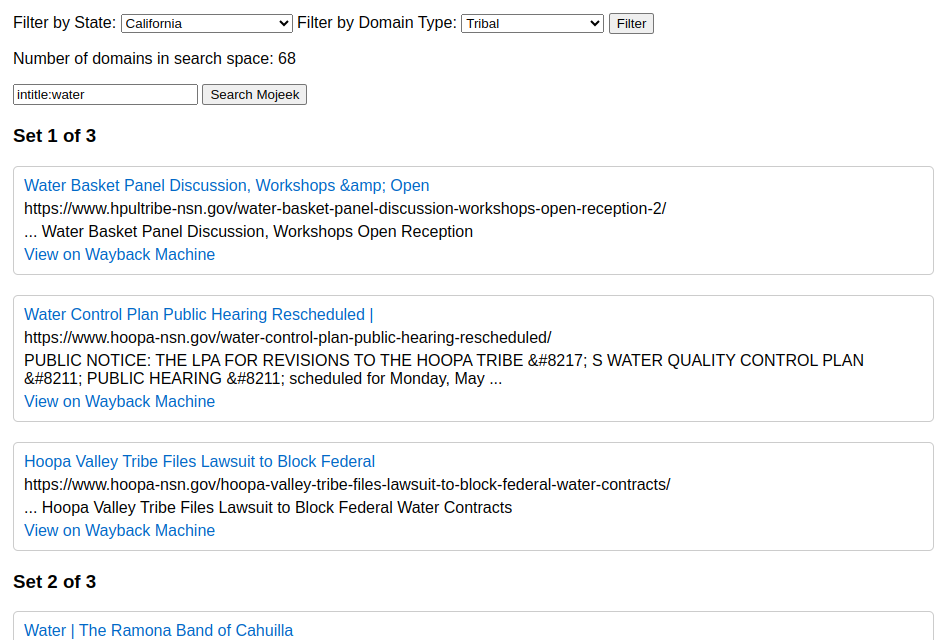Reply to Google Now Defaults to Not Indexing Your Content by Vincent Schmalbach
Selectivity is long overdue. Marginalia, Stract, and Teclis feel like a breath of fresh air for broad short-tail queries because they downrank or skip pages full of ads, trackers, scripts, and even SEO. However, Google’s selectivity can’t penalise such criteria as that would conflict with its ad business.
Google has a bias against new sites. This makes sense, given their spam potential. I disagree with your argument that a bias against new sites is a pivot away from Experience, Expertise, authoritativeness, and trustworthiness (EEAT): it takes time for a website to become an authority and earn trust. If delayed indexing of new sites is wrong, then the problem lies with EEAT. I argue that EEAT is a good framework for an answer-focused engine, but a bad framework for a discovery- or surfing-focused engine like Marginalia or Wiby, respectively.
Originally posted on seirdy.one: See Original (POSSE). #Google #SearchEngines

Picture this: It’s ten years ago, and you’ve just launched a new WordPress blog. Within hours, sometimes even minutes, your content is indexed by Google.
Vincent Schmalbach








